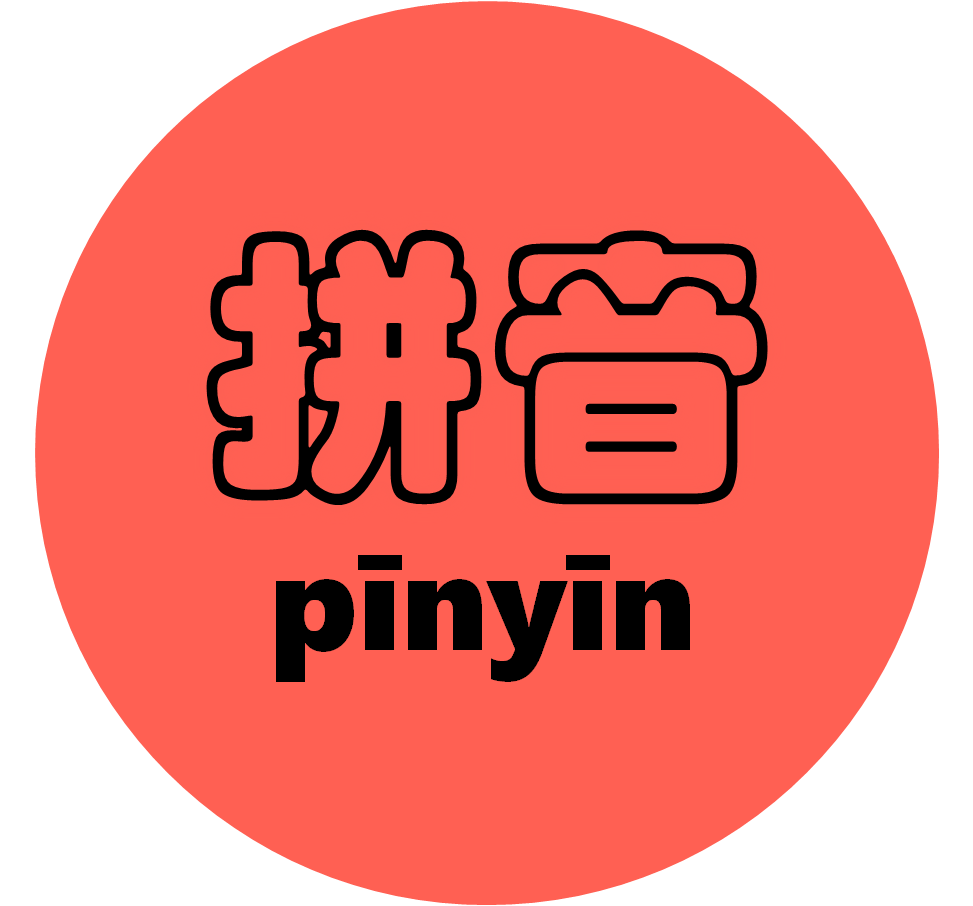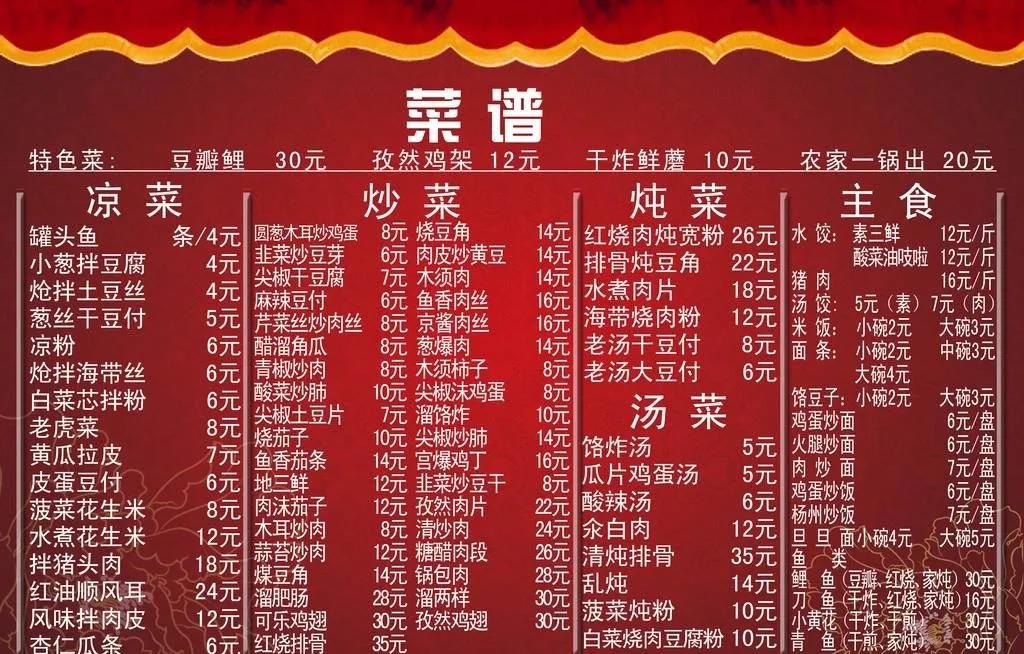I used to think that to learn Mandarin all I needed to know was pinyin, and that learning to read characters wasn’t really necessary. But recently I’ve come to realize that my theory has several holes in it. Three big holes actually, which I'm happy to break down for you one by one.
- I Can Manage Without Pinyin
- Taxi Drivers All Read Pinyin
- It's Simpler than Chinese Characters
Hole #1 - I Can Manage Without It
When I moved to China, I soon realized that characters are everywhere! Store names, street names, advertising, billboards, menus at restaurants, bus information, every text message you'll ever get - EVERYWHERE! No matter where you look, you see Chinese characters and very little pinyin. Of course, with the development of technology, it's possible to use Google or Pleco to help translate, as in take a photo of the character and translate it into pinyin or your desired language. But it's way better to have the satisfaction of being able to read the characters from the get go. And as a side benefit, it saves you both time and your phone battery.
Hole #2 - Taxi Drivers All Read Pinyin
Taxi travel in China is quite common. Often when I tell the taxi driver where I want to go, he doesn’t understand me. It takes me a few tries and even then its spotty. In the past, if I showed him the location in pinyin, I would never arrive to my destination. But when I show him my destination in Chinese characters, everything is A-OK. It's important to remember that a lot of local Chinese don't read pinyin that often, and some might not even know how to read it at all. So sticking with characters is the safest way to make sure you get from A to B.
Hole #3 - Pinyin is Simpler than Chinese Characters
A lot of pinyin words look the same. Actually, there are only about 420 pinyin syllables in total. So that means you're going to get many pinyin words that look the same but have completely different meanings which obviously can lead to confusion. Recently, I came across a funny example: Dàbiàn (大便) means to defecate and dábiàn (答辩) means to defend a thesis. When written in pinyin the same syllables are used. So if you were to write: “Tomorrow I’m going to dabian”, it could leave the reader quite confused! Using characters leaves no room for doubt.
Say 'No!' to Pinyin
Does learning Chinese characters make you feel sick to your stomach? Suprisingly it doesn’t have to be! What is the best tip for learning? Read, read and then read some more! You don’t have to necessarily open a book to learn to read Chinese. As mentioned earlier, characters are everywhere so make good use of every opportunity, from reading the bus schedule to ordering from a menu in a restaurant.
A Chinese proverb says: “Be not afraid of growing slowly, be afraid of only standing still.” So don't let the idea of learning characters scare you or slow down your learning curve. Think of it as an adventure, a fun way to learn and you will realize it’s not that hard after all!





